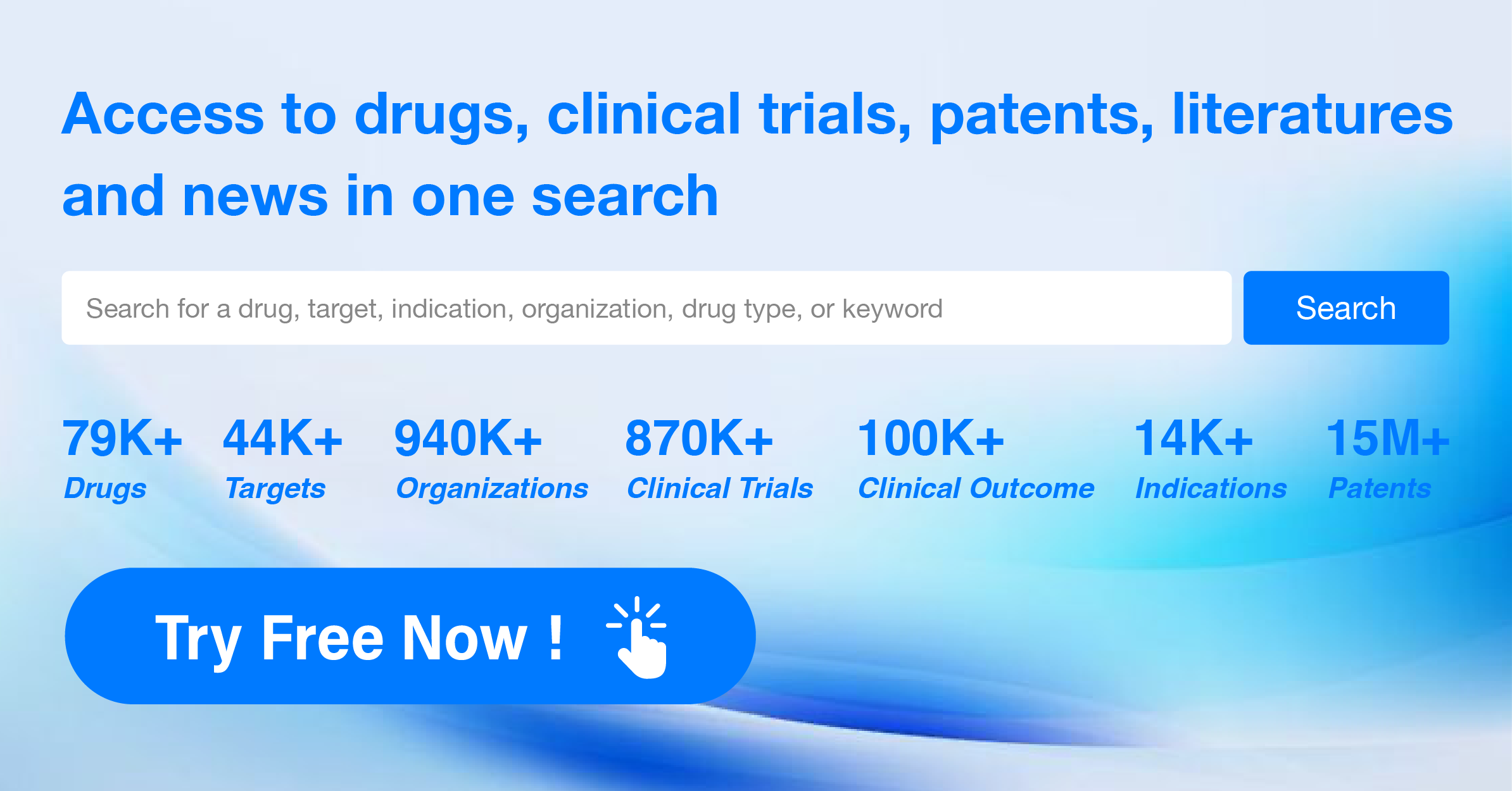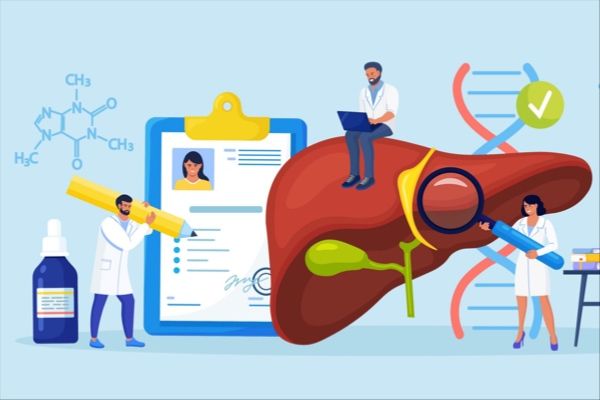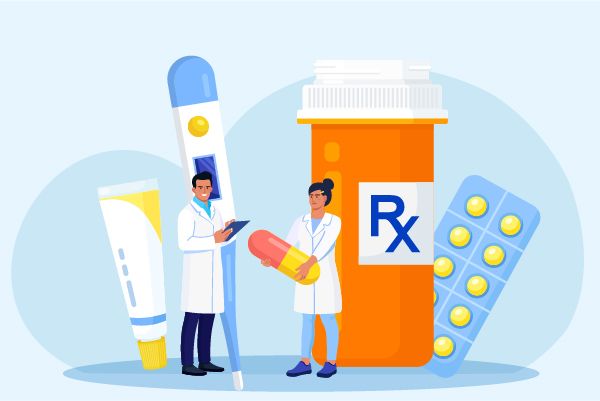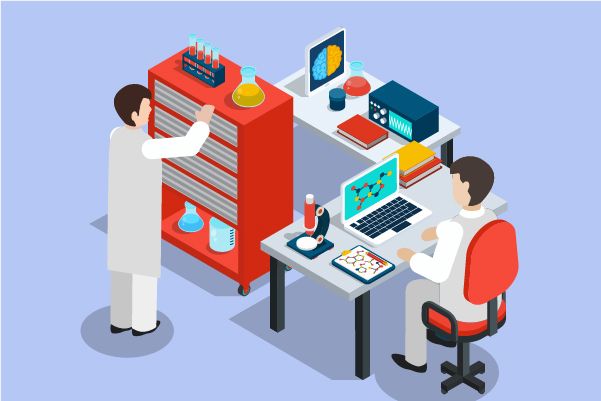Where should clinical trial documents be kept?
There are no explicit provisions on the storage of test related documents. However, ichgcp stipulates the minimum filing documents - basic documents.
The following principles apply to the storage of test documents:
·The test plan and other relevant documents are confidential documents, and the personnel who may have access to such documents shall be controlled;
·It shall ensure that all test related personnel can obtain relevant test documents in time when necessary;
·The test point shall have a special file folder for the test and a suitable storage place;
·Keep documents carefully and do not leave them everywhere;
·When in doubt about how to keep and storage time, always consult the supervisor;
·Keep all original data;
·Keep in mind that the patient identity form and informed consent form are only kept at the investigator and cannot be lost;
·The medical records of patients participating in the trial shall be marked and kept, and the contact person shall be indicated when the documents are transferred to other places for safekeeping;
·Try to ensure that the patient's medical records and other original materials are not lost or destroyed in advance.
Unless permitted by the sponsor, the investigator cannot destroy any documents related to the trial. Many sponsors require that the documents related to the test be kept for at least 15 years for ready inspection by the regulatory authority, or the sponsors return to review the test results a few years later. However, it is a difficult problem for researchers to keep test data for a long time, especially for long-term and complex tests. The sponsor is usually very happy to help with archiving. At this time, the sponsor can provide a storage box to the researcher and seal it in front of the researcher. This storage box cannot be opened unless the researcher is present. The Chinese GCP requires the investigator to keep the test data until 5 years after the end of the test, and the sponsor to keep the test data until 5 years after the drug is listed.




